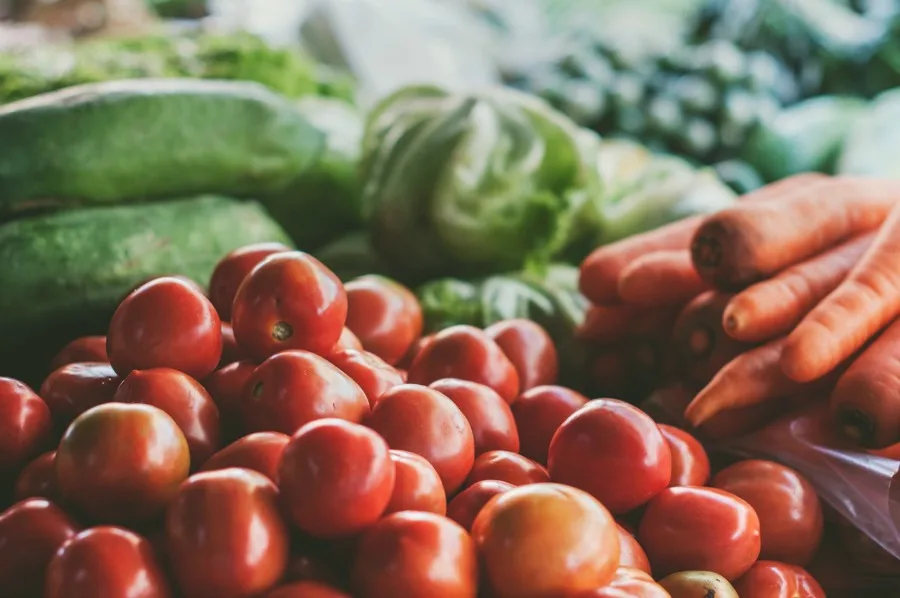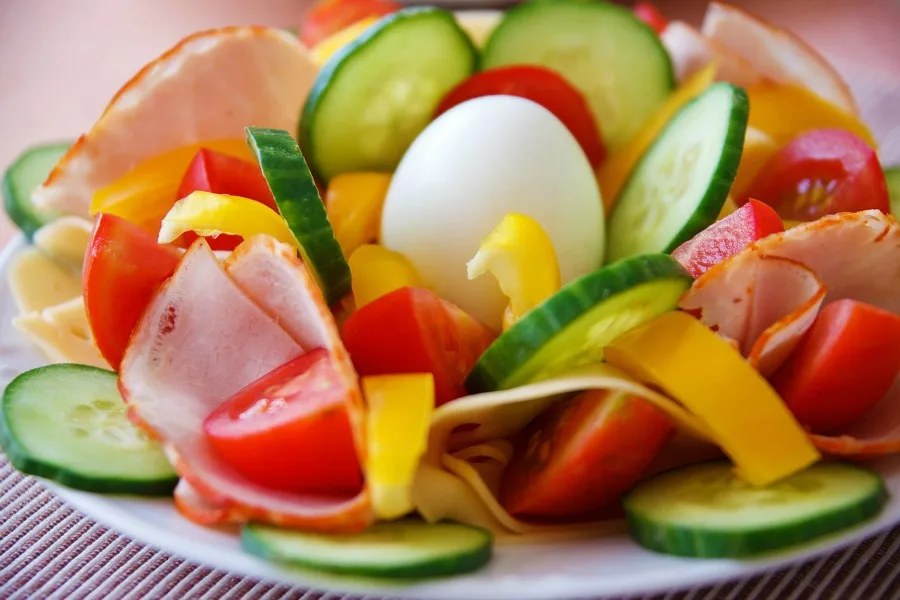Maybe all those sci-fi films about humanity growing fat and complacent has worried enough of us to start this wellness revolution we’ve started to witness in the past couple of decades. There are other factors, certainly, but whatever it is that sent us cutting carbs and signing up for gym memberships was a good thing.
But is all this health and wellness obsession really a good thing or are we going too far with our regimens? The rich information online doesn’t mean every single one is credible and true. Since there are always caveats to everything that seems too good to be true, we’re debunking a few health myths you may have been roped into believing.

Fat people are unhealthy
While being overweight does make a person more prone to various ailments, fat people are not necessarily unhealthy. The reason why fat people are deemed unhealthy is because we tend to associate obesity with a sedentary or inactive lifestyle coupled with overly indulging in unhealthy food and snacks. In that sense, it is the lifestyle and not the body type that is an indicator of health status. In fact, some studies found that when fitness is taken into account, weight becomes an irrelevant predictor of premature death. On the flip side, experts have started warning people about the dangers of skinny fat or outwardly skinny individuals with unhealthy food intake and almost no exercise.

“No pain, no gain”
We’ve all seen the grunting workout videos constantly being shared on social media, partly to show pride for their dedication and possibly also to shame all the others plopped up on the couch and binging on salty snacks. So the saying “no pain, no gain” has been seared in our minds in relation to all goal-related actions. But does exercise have to be painful to be gainful? Well, according to this study, they did not find significant differences in weight loss between the high intensity workout group and the group with lower levels of activity. While there are always multiple factors at play in a case-to-case basis, working out close to passing out does seem like a futile attempt at making yourself physically fit. Recovery would be longer and the temptation to overeat is stronger, whereas if you pace yourself and not strain yourself, you’ll more likely have more endurance to work out longer without the crippling sore muscles to contend with the next day.

Egg yolks are bad
Those problematic yolks had us eating bland egg whites for far longer than necessary. We were warned not to indulge in egg yolks because they said it was high in cholesterol. Until of course, experts found out that while egg yolks are indeed packed with cholesterol, they are low in saturated fat which is the main culprit for raising blood cholesterol levels. Our hearts are safe from egg yolk consumption, after all.

Anything organic is healthy
Organic seems to be the key word health-obsessed individuals look for when purchasing groceries or ordering meals. But just because food is deemed organic doesn’t make them automatically healthy. Sure an organic candy may have less preservatives and chemicals in it, but the key word there shouldn’t be organic, it is candy. And candy, organic or not, is still manly sugar which means too much organic candy is still unhealthy. So instead of fixating on organic food, just focus on eating healthful and nutrient-rich meals.

Healthy food is expensive
Whenever there are trendy superfoods and diet regimen that hit the mainstream, the masses immediately recoil. After all, anything trendy must be pricey, right? Wrong.
In fact, en vogue terms like “organic” and “farm-to-table meals” are just marketing ploys targeted towards the high-income populace. But at the heart of it, healthy eating doesn’t need to be expensive. In fact, you can grow your own vertical garden in your apartment for herbs and leafy greens. How’s that for farm-to-table? In fact, while picky eaters want nothing to do with canned and frozen fruits and vegetables, they’re actually just as nutritious as their fresh counterparts. In the same way that cheap flowers can be just as fresh and luxurious as costly bouquets. Sometimes, the difference is just a matter of branding and packaging.
